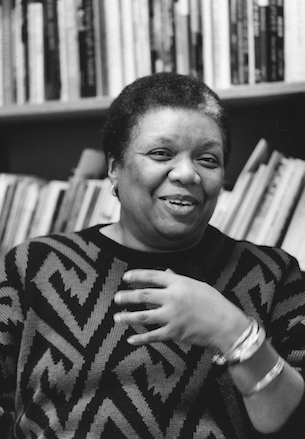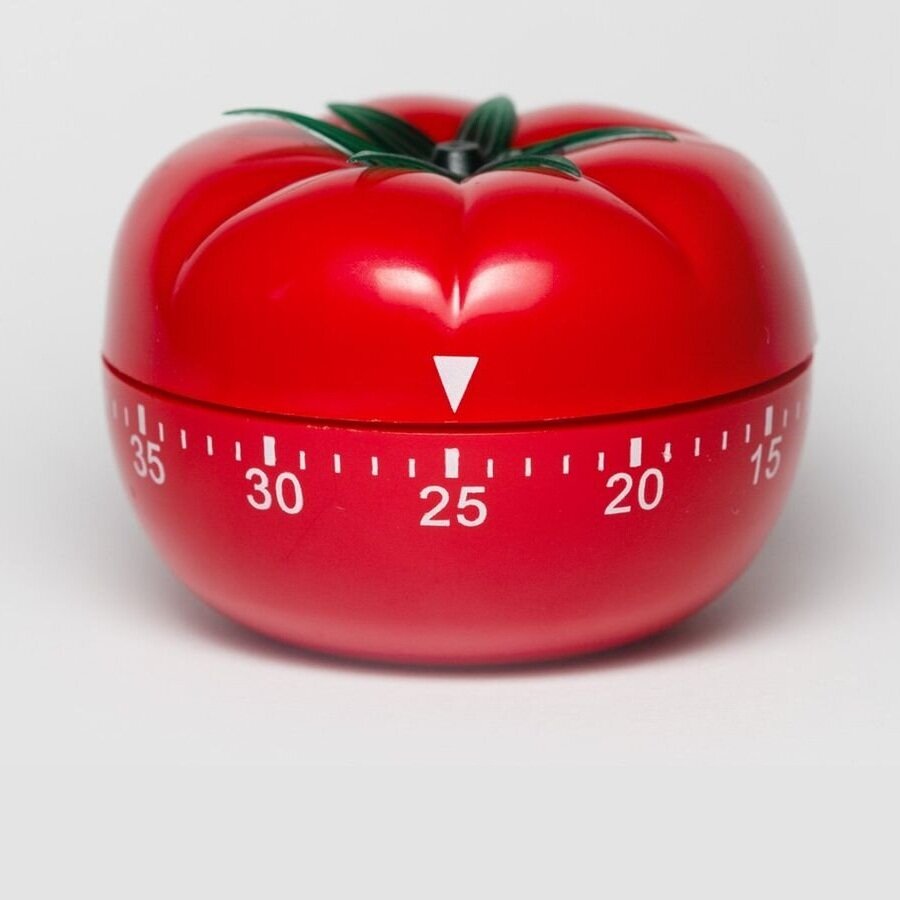No 2. On Matters of Life and Death - Marie Howe
Interviewed by Suleika Jaouad
This interview is excerpted from Studio Visits, a monthly offering to deepen your creative practice through intimate conversations with some of our favorite writers and artists. We follow a community-sourced agenda and learn about the tools they use, their earliest creative impulses, how journaling figures into their work, and what keeps them inspired.
Don’t miss the next creative conversation. Subscribe to join us.
For our second Studio Visit, I had a virtual conversation with the utterly enthralling and enchanting Marie Howe, and several hundred people from all over the world joined us. Marie is the kind of poet whose accomplishments are too many to mention, so I’ll keep it short and say that she’s the author of four collections of poetry—The Good Thief, What the Living Do, The Kingdom of Ordinary Time, and most recently Magdalene—the recipient of a Guggenheim, and a former poet laureate of New York. While in that role, she made it her mission to make poetry “as ubiquitous as a Gap ad,” and she succeeded in bringing poetry to the streets and the subways of New York. And she may not know this, but she also succeeded in bringing poetry to me.
Like a lot of people, I grew up thinking that poetry was difficult and inaccessible and something that you needed special instruction to be able to decipher and to get right. Then a few years ago, I heard Marie speak at a conference, and she broke poetry open for me. She made it real. She made it accessible. And I was so taken by her that I plucked up the courage to walk up to her after the event and introduce myself. And that's how I got to know her and how we became friends. It was my great honor to have her as our guest.
SULEIKA
Marie, are you there?
MARIE
Hi, yes. Suleika, it feels as if we really are in the same room.
SULEIKA
It does!
MARIE
And everybody else as well—hi, everybody! I'm so lucky that you came up to say hello that day.
SULEIKA
Marie, I have to confess to being a little bit starstruck. I'm so excited and truly honored that you’ve taken time to talk to us. Our conversations are fueled by questions from our community, and the first is from Eileen in Chicago, who wondered if you might read the title poem of What the Living Do.
MARIE
I’d love to. But first let me share something important about this poem.
A poem occurs when it actually is an experience, not the record of an experience. It’s when the writing itself brings me somewhere I never thought I would go, and there's a discovery in the writing.
My brother John was a very close friend of mine. I come from a family of nine children—I was the second oldest, and he was the second youngest. When I finished a poem, when I thought it was as far as I could get it, I would read it to John. And he was rigorous about this. He would say, “No, didn't happen that time. You know this already.”
I'd be like, “Damn,” and he'd say, “Sorry, Mare, but you know it already. Nothing happened.”
So, this is an example: I was working all day on other poems, and I pretty much decided to give up writing poems that day and just to write a letter to my dead brother. And this is what happened. It's called “What the Living Do.”
Johnny, the kitchen sink has been clogged for days, some utensil probably fell down there.
And the Drano won't work but smells dangerous, and the crusty dishes have piled up
waiting for the plumber I still haven't called. This is the everyday we spoke of.
It's winter again: the sky's a deep, headstrong blue, and the sunlight pours through
the open living-room windows because the heat's on too high in here and I can't turn it off.
For weeks now, driving, or dropping a bag of groceries in the street, the bag breaking,
I've been thinking: This is what the living do. And yesterday, hurrying along those
wobbly bricks in the Cambridge sidewalk, spilling my coffee down my wrist and sleeve,
I thought it again, and again later, when buying a hairbrush: This is it.
Parking. Slamming the car door shut in the cold. What you called that yearning.
What you finally gave up. We want the spring to come and the winter to pass. We want
whoever to call or not call, a letter, a kiss—we want more and more and then more of it.
But there are moments, walking, when I catch a glimpse of myself in the window glass,
say, the window of the corner video store, and I'm gripped by a cherishing so deep
for my own blowing hair, chapped face, and unbuttoned coat that I'm speechless:
I am living. I remember you.
SULEIKA
That poem... I've read it maybe hundreds of times. As someone who's cared for loved ones who have been very sick and lost a number of friends to illness, what it brings up for me is the strange, elemental quality that can arise when we are raw in grief. It’s those simple moments that somehow come into focus.
MARIE
I think they came into focus because I was writing to John. A lot of times I'll say to people I'm working with, “Who are you talking to in this poem?”
Not that you always have to know. But there are people you can think out loud with, and there are people you can't. They may be good friends, but you can't think out loud with them—because they'll try to fix it, or they'll interrupt or argue with you. You want to be able to follow your own associations, and Johnny could listen like that.
The other thing I realized when I saw myself in the window glass was that I contained him. I re-member him. To remember somebody means to put them back together. And to hold them within ourselves. This was the good news about death. As everybody here knows—or will come to know—people who you can't live without die, and you keep living. But once they're dead, they can be with us all the time.
SULEIKA
A dear friend I met in treatment, Max Ritvo, died a few years ago. When we first met, neither of us had ever been published before, and we were both wrestling with the idea of becoming writers, whatever that means. I often imagine him as my reader, and it's given me a tremendous amount of solace and also much needed humor. Sometimes I can just hear him groaning and rolling his eyes when I'm writing and trying too hard. I wonder if Johnny is your eternal reader or if it shifts depending on what you’re writing.
MARIE
There are others. There are a lot of people. Max's teacher Lucy Brock-Broido is now dead. Impossible! Impossible that Lucy's dead! Lucy Brock-Broido, for those of you who don't know, was an extravagant person, extravagant writer, and she helped me with “What the Living Do.”
I read Lucy that poem, and originally it said, “Johnny, the kitchen sink has been clogged for days. Some fork probably fell down there.” Lucy said, “This is a gorgeous poem but you can't say fork.” She thought fork was a funny word—and it is kind of funny. She told me to use utensil: “some utensil probably fell down.” And she was right. And I originally had “my chapped nose”—because everybody who knows me knows my nose is red all winter. And she said, “Don't say nose. It's comic. Say face.”
And so many friends. Donna Masini is here today. Donna is a wonderful poet and she helps me all the time. So my living friends and dead friends. As soon as you read something out loud to your friend, you already know a lot about what's working, and what isn't.
SULEIKA
We have a question from a community member named Deborah about showing work to others. Deborah writes, “My husband died last September. He was 68, and I began to write a whimsical story about what happened just before and since his last breath. It has been a wonderful exploration into so many questions. Now that it is almost finished, I wonder what to do with it. Most of my conservative family and friends will be angry at my tales of a heaven that isn't Christian. And the ones who loved him tell me that the stories bring him back too vividly and it hurts. It feels good to think about him spinning around in the universe, learning, growing and reaching out. So what do I do with my story?”
MARIE
Deborah, what a wonderful, wonderful thing you've done, first of all. Have faith in what you've done. Your voice is needed in the world. And your husband—I'm so sorry for your loss—yes, he does live on in this other way that I know is very important.
I think we have to be very careful about showing our work to people who are close to the reality of it. People in my family weren't always happy when I wrote about our family. At different times, it was very difficult, for them and for me, and there were times I didn't publish things. There were times I did publish things and didn't realize how much they would affect people.
But I do think that you've done it, and now you need to bring it to other writers. If you don't belong to a writing group, I would find one and ask for their help. Every writer knows this particular struggle.
SULEIKA
That tension between public and private is such a challenge. I just finished a debut memoir, and there was a chapter that I was very worried about sharing with a particular person. My mentor, Melissa Febos, said to me, “You have to show this chapter to them if you're going to publish it. But for now, just keep writing.”
So I wrote this very difficult 40-page chapter, and when I was getting ready to send it to my editor, Melissa asked me if I had shown it to the person in question, and I told her I didn’t think I could. She said, “Then take out the chapter.” So I did, and I sent the rest of the manuscript to my editor—and nobody even noticed the absence.
At first I thought, I wasted two months of my life writing that. But what I realized in retrospect was that I needed to write my way through it, not worrying about who might be upset with me, in order to get to the rest of the manuscript.
MARIE
That's a wonderful, wonderful, wonderful story. It’s the story of the life of a writer. A lot of what we write falls away. We make our decisions, as you say, at different times. I've taken out many poems at the last minute. Just before The Kingdom of Ordinary Time went to print, I took out something like eight poems, all for different reasons.
SULEIKA
We dove right into this wonderful ocean of your poems, but I'm curious if we can back up a little to how you arrived to poetry as a profession. We have a question from someone who wants to remain anonymous, who wrote, “I have been writing in my mind for years... I started writing a bit more with the Isolation Journals, but I haven't been able to make it a practice. I feel called to write but can't overcome something. Any advice?”
MARIE
That's me. That’s all of us. It's so hard to make it a practice. That's why it's so good to have this community.
Whenever I can't do the practice, I'll get a composition book, and I'll write three pages a day, but I write it with my non-dominant hand. So it's a big scrawl. I'll write “I don't want to write about” and then just write into that—so that there's a release in it. Just get it out of your mind.
Or you can get a three minute egg timer, and don't stop writing for those three minutes. Just three minutes. That's it—and don't look back. Get up, live your life, and do it again the next day, and the next day. And then, after many, many, many, many, many, many days, if you want to, look back.
SULEIKA
The writer's life is something that gets endlessly romanticized and mythologized, but I've heard you say that you sometimes go an entire year without writing a poem. We don't talk about those quiet spells enough.
MARIE
After I publish a book, I'm completely empty and silent for a long time. And in many ways, you have to wait to become a different person with different concerns. But also reading really helps. If we were pianists, and we were wanting to compose music, we would be listening to piano music all day.
I read some poets, and they make me want to write. You find those poets who can put you into a trance, who can move you down into the depths. I say poets, but it could be prose writers. It could be any artist who moves you more deeply into yourself.
SULEIKA
We opened by talking about “What the Living Do,” and that collection of poems was written during a different pandemic. Of course, now we're in the midst of the covid-19 pandemic. There's a beautiful question from Pat in Vancouver, who said, “As creatives, how do we best serve the pain and loss our fellow humans are experiencing on such a global scale these days?”
MARIE
We can't speak about anybody else's loss very well without becoming sentimental. Wislawa Szymborska said the big numbers are too much for us. It's the particulars—the particulars—that matter to us, that matter to others.
I think it's time for us to listen to the other animals and to listen to the Earth. The Earth is trying to get our attention. I feel very concerned that while the earth is burning, and other animals are becoming extinct, that we are so self-centered. If we began to listen to what the other animals are saying and doing, what the trees are saying and doing, even what the virus is telling us: We have overrun the earth, and we're destroying it. We're the only animal that destroys its own home. Racism, the virus, capitalism, our self-centeredness as humans, it's all connected. Listen to what the planet is trying to say. Listen, listen, listen, listen, listen.
I was walking through the woods with a friend recently, a three-mile walk through the forest upstate, and it was not even noon. All of a sudden we heard, so loud, so mournful, one wolf howl. It was daylight. It was extraordinary. Why is this one wolf howling? We just stared at each other in wonder and bewilderment. And we walked on another twenty minutes and it came again. This howl.
William Blake said, “Eternity is in love with the productions of time.” We live in time; we're all going to die. Ten thousand people in New York City died. For months, all we heard was birdsong and sirens. But humans have known much worse than this before.
So it's identification—with each other and also with all the other livingness that we're not listening to. I feel so strongly about this. It really is a matter of life and death.
Marie’s Studio Must-Haves
Marie’s recommended reading:
Fanny Howe, The Needle’s Eye
John Gardner, On Moral Fiction
Any play by William Shakespeare—read it aloud with friends over Zoom
Read Marie’s meditation on our ancient connection with all things.



